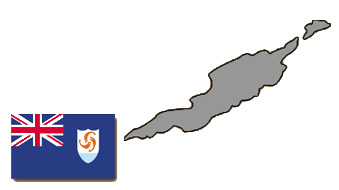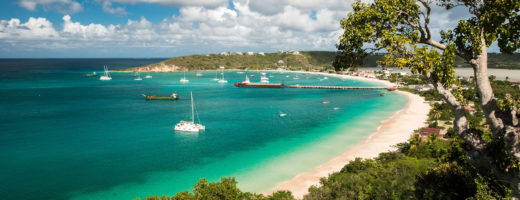Anguilla is a quiet little island of only 35 square miles located about 100 miles east of the British Virgin Islands–no discos, casinos, duty-free shops or cruise liners. Hardly anything is heard about this place other than real estate and tourist brochures and occasional news items about offshore finance or tax havens. Homosexuality in
Anguilla is an internally self-governing overseas territory of the United Kingdom. In 2000 Britain’s unilaterally scrapped anti-gay laws in its five Caribbean territories after years of trying to cajole the territories — Anguilla, the Cayman Islands, the British Virgin islands, Montserrat and the Turks and Caicos — into changing the anti-gay laws themselves. But facing opposition from residents of the islands, the British government decided to go ahead and make the change itself, officials say.
The old laws in question made homosexual intercourse illegal, and the punishments varied from territory to territory. The laws were rarely enforced. Britain’s government said the anti-gay laws violate international human rights agreements it has signed. Islanders, though, saw the matter differently: Many here said homosexuality is immoral and goes against the grain of their culture and religions. “Because of our deeply religious people, we cannot simply stand up and propose a law in the assembly to legalize homosexuality,” Anguilla former Chief Minister Osbourne Fleming said. Nevertheless, the force of modern times overruled old traditions and the new laws were imposed by London decriminalizing homosexuality. It was made legal in England in 1967.

No photo galleries available.

